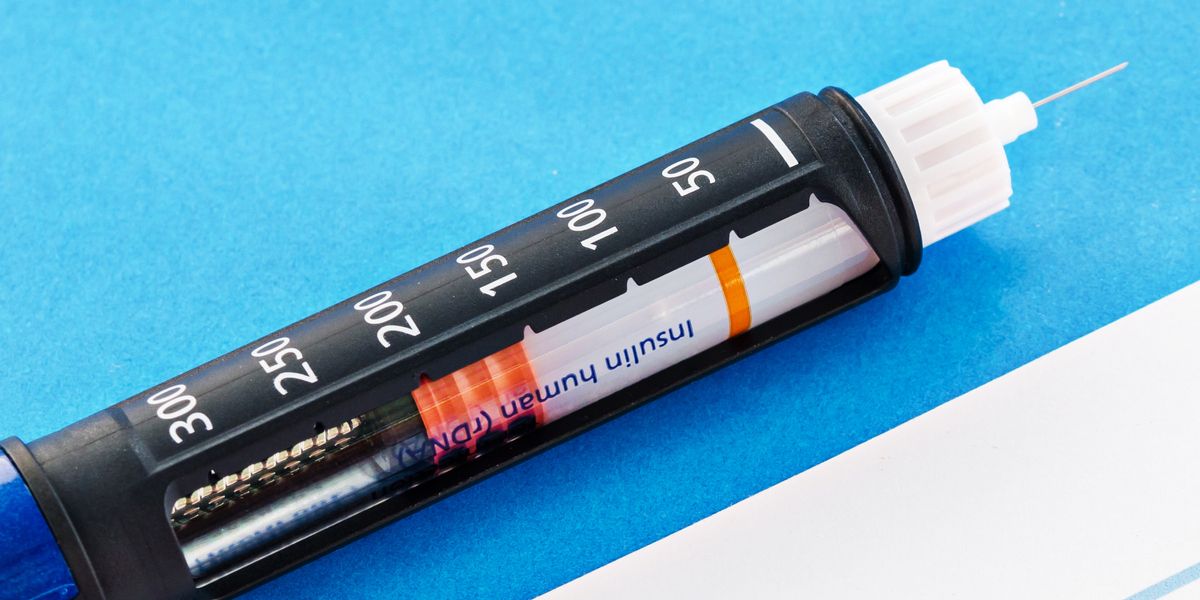Researchers who have found a link between people having tattoos and an increased risk of developing lymphoma have said further studies are “urgently needed”.
The team, from Lund University in Sweden, found that people with tattoos have a 21% greater chance of developing lymphoma than people without tattoos, with the area and size of tattooed body surface not relevant.
The researchers said: “We do not yet know why this was the case. One can only speculate that a tattoo, regardless of size, triggers a low-grade inflammation in the body, which in turn can trigger cancer. The picture is thus more complex than we initially thought.
- Link between high cancer risk and poor diet identified in recent study
- Obesity and alcohol increase bowel cancer deaths in young women
- Link between raised insulin levels and pancreatic cancer
“Our findings suggested that tattoo exposure was associated with an increased risk of malignant lymphoma. More epidemiologic research is urgently needed to establish causality.”
Tattoo ink, which includes carcinogenic substances and metals, trigger an immune response. Previous studies have found tattoo pigment within lymph nodes, which contain growing cells and are vulnerable to carcinogenic substances.
Study lead Christel Nielsen said: “We already know that when the tattoo ink is injected into the skin, the body interprets this as something foreign that should not be there and the immune system is activated. A large part of the ink is transported away from the skin, to the lymph nodes where it is deposited.”
The researchers say with rates of malignant lymphoma on the increase, it is vital to explore any possible lifestyle links.
They identified people diagnosed with lymphoma, then matched these individuals with a control group of the same sex and age, but without lymphoma. The study participants answered a questionnaire about lifestyle factors to determine whether they were tattooed or not.
Just under 1,400 people with lymphoma completed the questionnaire, with the control group made up of just over 4,100 people. In the group with lymphoma, 21% – 289 people – had tattoos, while 18% of the control group were tattooed – 735 people.
- Weight loss drug could reduce risk of colorectal cancer
- Data indicates bowel cancer is now third most common cancer
- Regular pizza and crisp eaters at 25% greater risk of throat and mouth cancer
The study also found that laser therapy to remove tattoos also seems to increase malignancy incidence.
The researchers will now investigate whether there are any links between tattoos and other types of cancer, as well as studying inflammation diseases to see if there is any association with tattoos.
Christel Nielsen said: “People will likely want to continue to express their identity through tattoos, and therefore it is very important that we as a society can make sure that it is safe. For the individual, it is good to know that tattoos can affect your health, and that you should turn to your health care provider if you experience symptoms that you believe could be related to your tattoo.”
Read the study in full in eClinicalMedicine.




